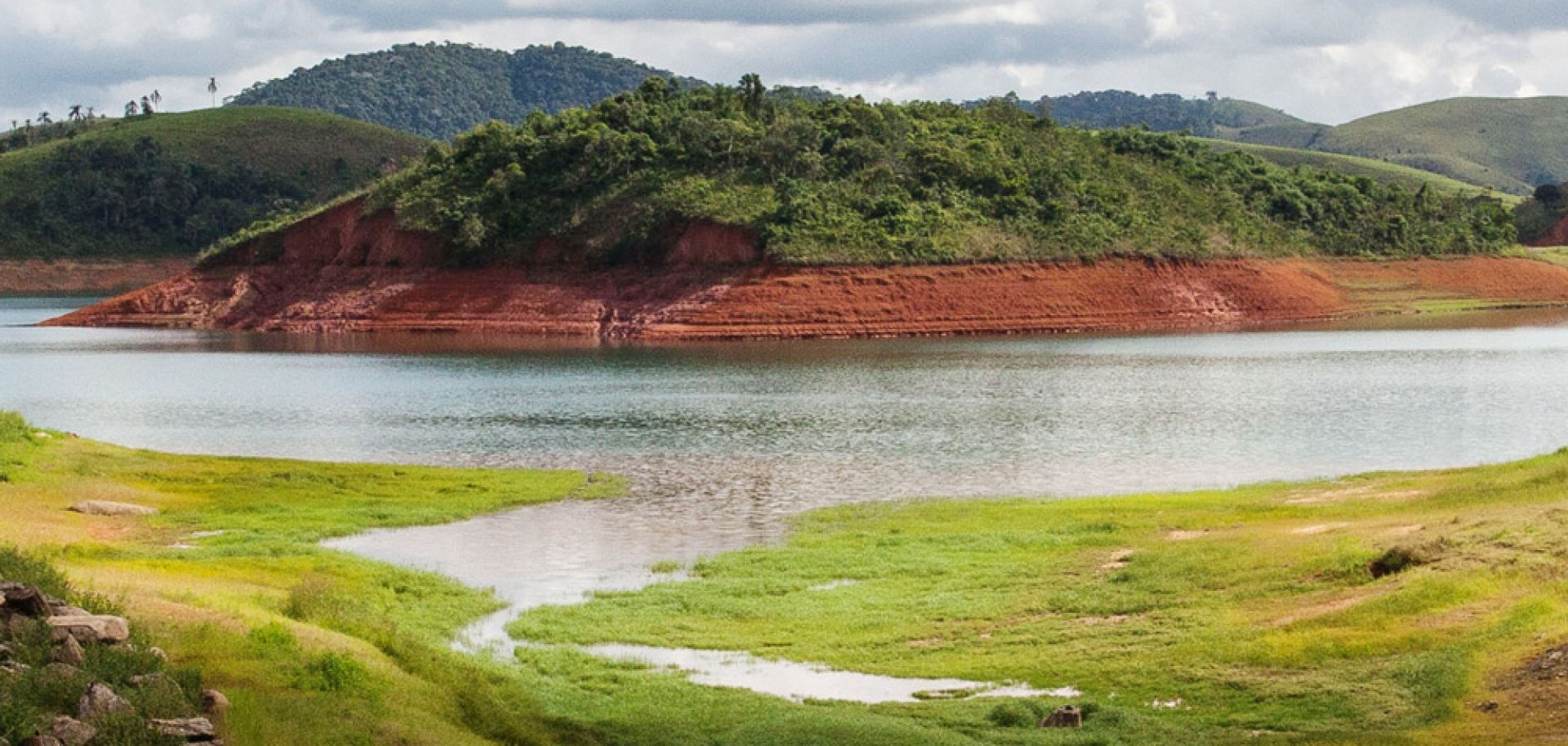ASSESSMENTS
Brazil's Drought Has Political Implications
May 28, 2014 | 09:03 GMT

Victor Moriyama/Getty Images
Summary
The current drought in Brazil has already affected the country's energy and agriculture sectors. Municipalities — specifically Sao Paulo — are now facing possible supply shortages as the drought continues. A few solutions can be implemented in the short term. The government is likely to promote conservation measures, and increased water rationing appears unavoidable. This could negatively affect the ruling party in Sao Paulo state, the Brazilian Social Democracy Party, in upcoming elections.
The elections are still six months away, but water rationing in Brazil's largest voting center and the heart of the party supporting Brazilian President Dilma Rousseff's challenger Aecio Neves does not bode well for Neves or his party. Voters in the region are likely to blame the Brazilian Social Democracy Party for the water situation because water management is the responsibility of the Sao Paulo state-owned water and sanitation utility, commonly known as Sabesp, not the federal government. The ongoing water shortage could further lift Rousseff and Eduardo Campos, the other opposition presidential candidate, in the October vote.
Subscribe Now
SubscribeAlready have an account?
